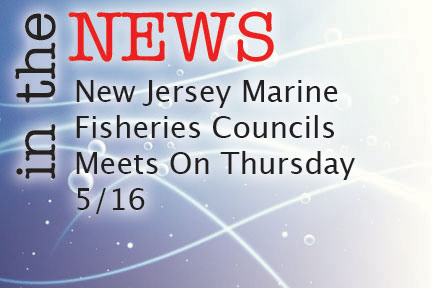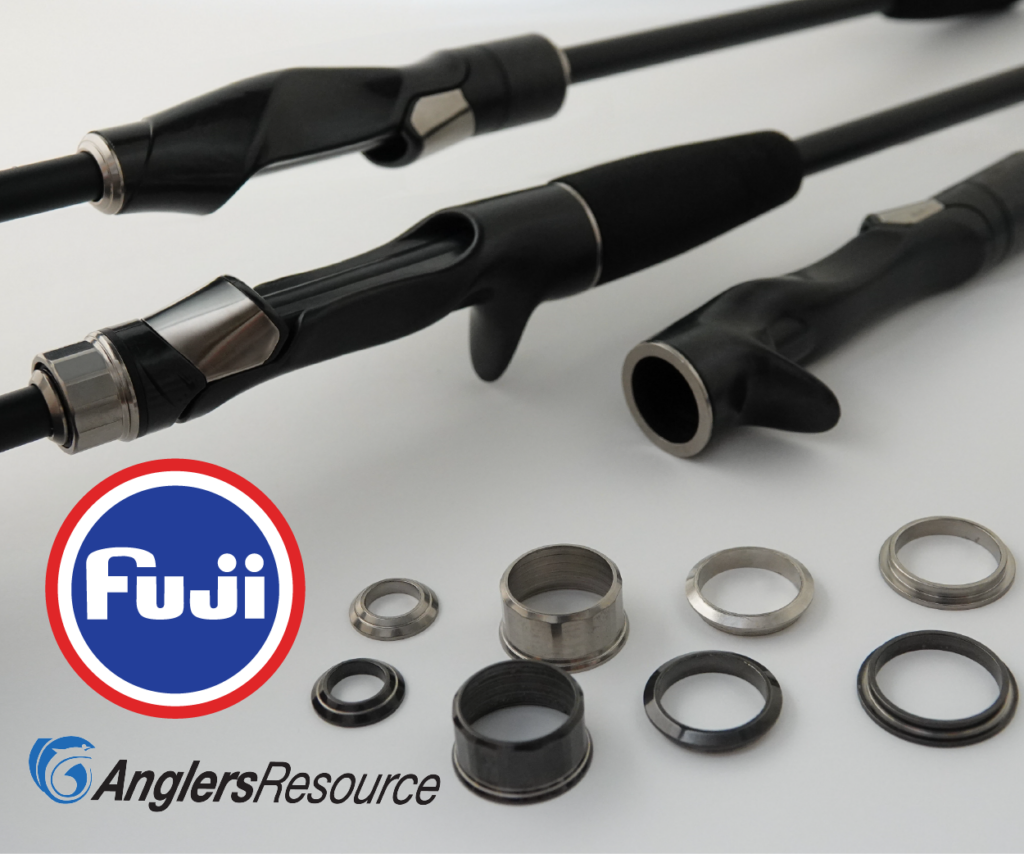How can the Wisconsin DNR Spring Hearings potentially affect anglers nationwide? Because this round, they’re calling out fishing technology.
The Spring Hearings are part of a process that guides the Wisconsin DNR to make laws affecting the resources, and use of the resources, by the public. The process has been used for years, and although it’s effective, the general angling public need to pay close attention to what is being proposed this time around. The first step in the process, gathering public input, has already happened.
One question in particular stands to be the most controversial amongst anglers:
Question #22: Ban live scopes and 360° imaging locations in Wisconsin waters.
With the ability of these types of units to detect fish, as far as 180-feet from the user, anglers have become more efficient at locating and catching fish. This type of pressure could reduce fish populations, which may lead to reduced bag limits for anglers.
Would you support banning the use of live scopes, and similar 360° imaging electronics in all Wisconsin waters?
Technology, especially forward-facing sonar (FFS), have been debated nationally. And should those utilizing the technology not voice their opinion and it goes through the process to become law, it could be the spark that ignites an unmanageable wildfire from coast to coast. If FFS is outlawed, what next? (States like Texas, Minnesota, and North Dakota are also collecting data and getting input about FFS.)
The use of these technologies is dividing our sport, and that is concerning. Whether you employ the technology or not, we need to understand that a regulation to make a certain technology illegal will be detrimental to the sport. FFS is used by guides, captains, tournament anglers and the general angling public to increase success on the water. It has also attracted many younger anglers who embrace technology.
If you choose not to utilize these technologies, fine. If you use it and catch more fish, great, but you also need to respect the resource and mitigate harvest. Just because you’re able to catch more fish, doesn’t mean you should keep a limit every time you fish. How these technologies affect fish populations is the linchpin, so it’s prudent to be conservative in your take.
Anglers must be heard before such substantial decisions are made.




